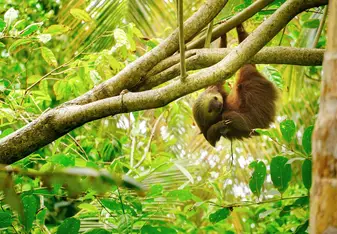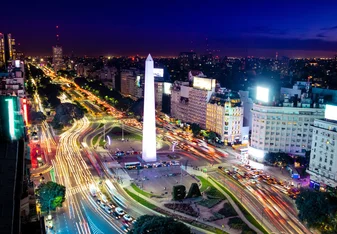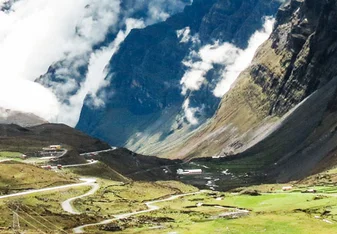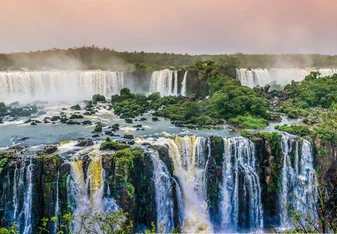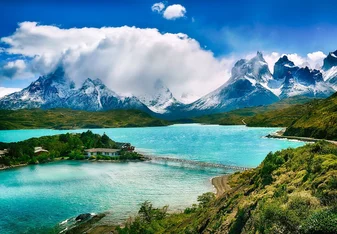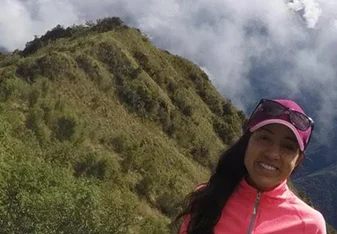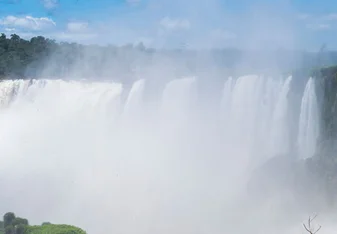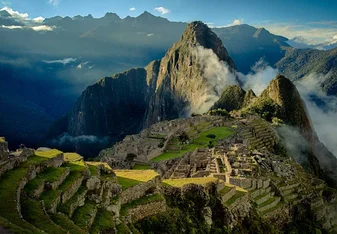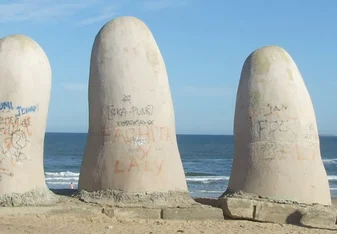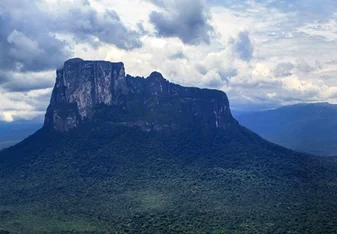Volunteer Programs in Argentina
Volunteer Programs in Argentina
Pagination
About
Volunteering in Argentina is rewarding for more than just the benefit of spending time in a beautiful and friendly country. Volunteers can improve their Spanish language skills, become immersed in local culture in a significant way and can help Argentines rise from the economic crisis of 2001. Many volunteer organizations focus on community development and helping Argentines become self-sufficient in a sustainable way. The country also has a stake in the environment, being the home of the Andes Mountains, some of the world’s most visited glaciers, vast, fertile plains and many varieties of wildlife, making volunteering in the environmental sector extremely rewarding.
Program Types
Education/Youth Outreach
There are many volunteer opportunities for teaching English as well as other subjects including math, science, art and even business. In areas with a high poverty level, mentors are needed for children whose parents are unable to give the personal attention children deserve and require in order to gain important life skills such as cooking, gardening, and completing homework in a meaningful way.
Environmental
Argentina is the second largest country in South America. It spans several geological areas including high snow-covered peaks, glaciers, a wine-region and miles of coastline along the Atlantic Ocean. Help protect these diverse and stunning landscapes through projects that teach sustainable and organic farming, support communities affected by mining, and educating children and adults on living a sustainable lifestyle.
Health/Nutrition
Aid medical staff in undernourished areas, such as Mendoza, in educating the local community on proper nutrition for a healthy lifestyle. Support children from high-risk areas who already suffer from malnutrition by educating, providing health services and organizing healthy activities.
Community Development
Argentina was struck hard by an economic downfall in 2001 and is still in the process of recovering. Help communities get back on their feet by working with children, teaching adult classes on business or doing the behind-the-scenes fundraising and project planning work fundamental to community growth and development.
Planning Your Trip
Volunteering Tips
Housing: Many volunteer programs secure housing accommodations in the form of homestays. While the volunteer does have to pay rent to the homestay family, the family will often provide at least one meal a day, and often two. Be prepared to pay between 400 and 600 US dollars a month for housing and an extra $50-$60 a week for food. Argentine Pesos are in roughly equal exchange with the US dollar. Some places will accept US currency, but it is recommended to bring cash and exchange it upon arrival because ATMs and card readers are not always reliable.
Know Before You Go: When deciding what volunteer program to choose in Argentina, ask yourself a series of questions to narrow your search: Do you want to be in a bustling seaside city like Buenos Aires or do you want to live in the country’s colonial capital Cordoba at the base of the Sierra Chica mountain range? How much will the volunteer program cost and where does that money go? How fluent is your Spanish? Do you want to work with children or adults? How much support will you require from the program administrators? Answering these questions will point you toward the program that best fits your budget, and your own personal health and wellbeing. Placing yourself in the best program for you will also ensure that you can give the most to the community in which you are volunteering, which is why you are there in the first place!
Health and Safety of Volunteers in Argentina
Argentina is generally considered to be a safe country full of friendly faces. However, it is always important to be careful with oneself and one’s valuables while traveling abroad. No vaccines are required to travel to Argentina, but the Yellow Fever immunization is recommended. Drinking the tap water in not recommended, particularly outside of the cities, so be prepared to buy bottled water or sterilize water by boiling, using a filter or adding iodine tablets.






